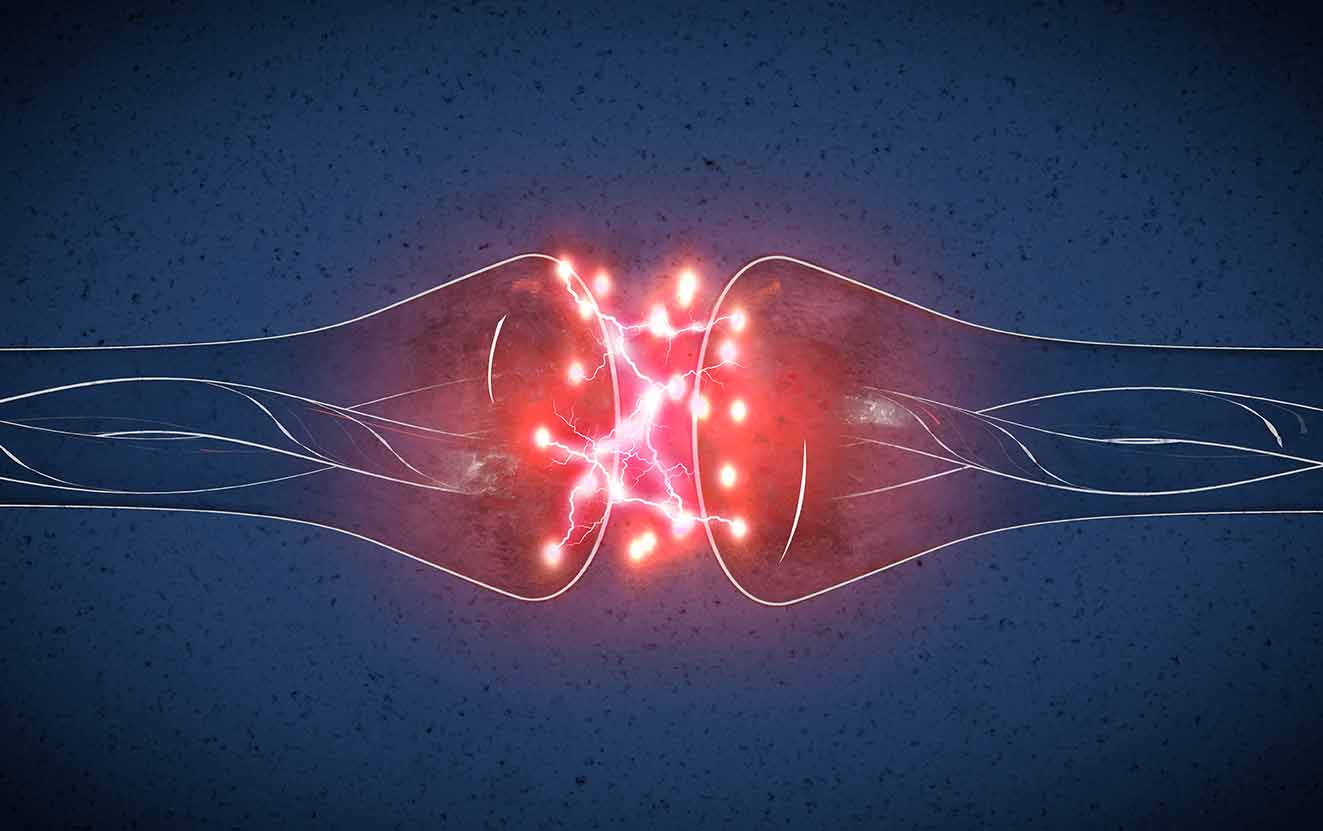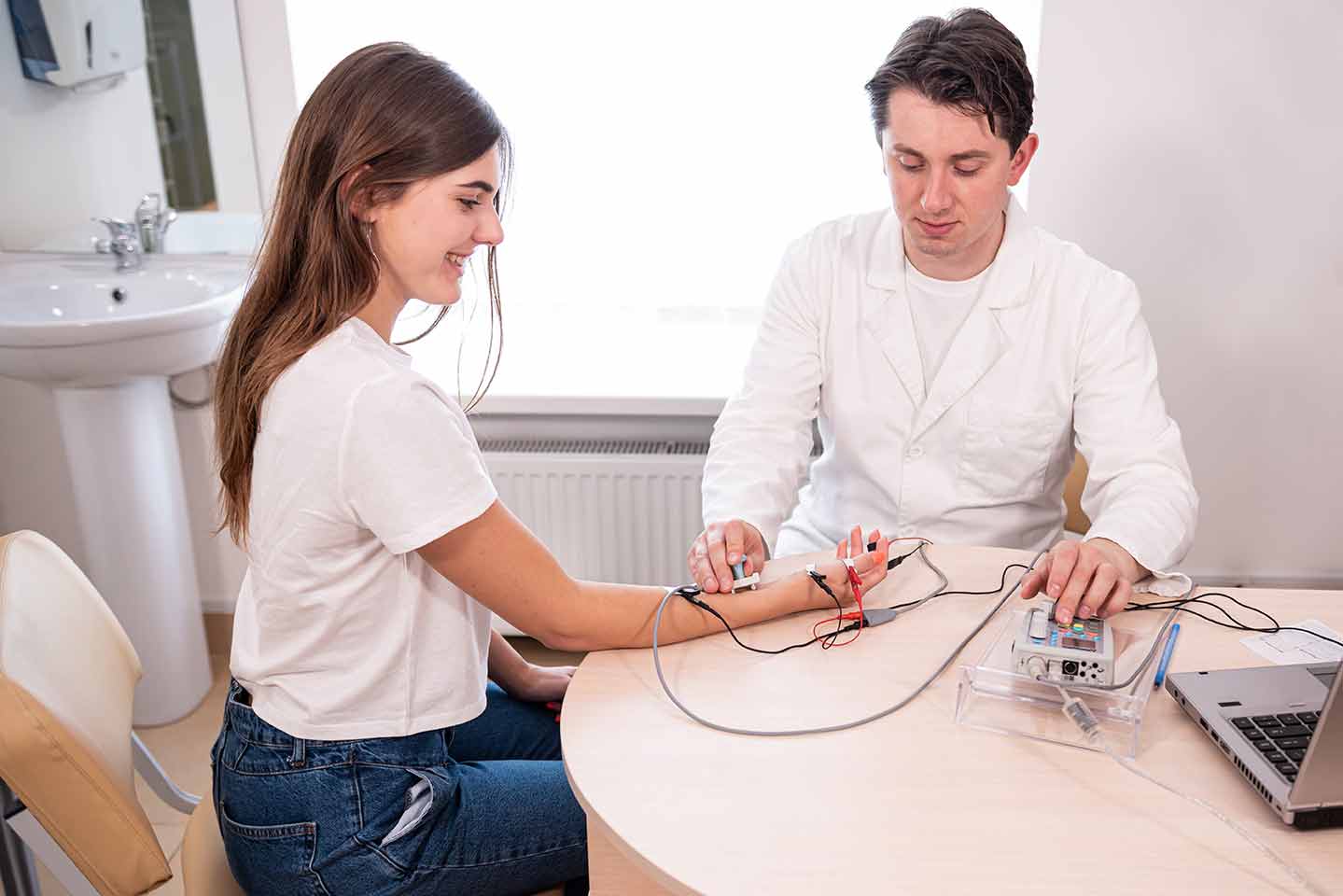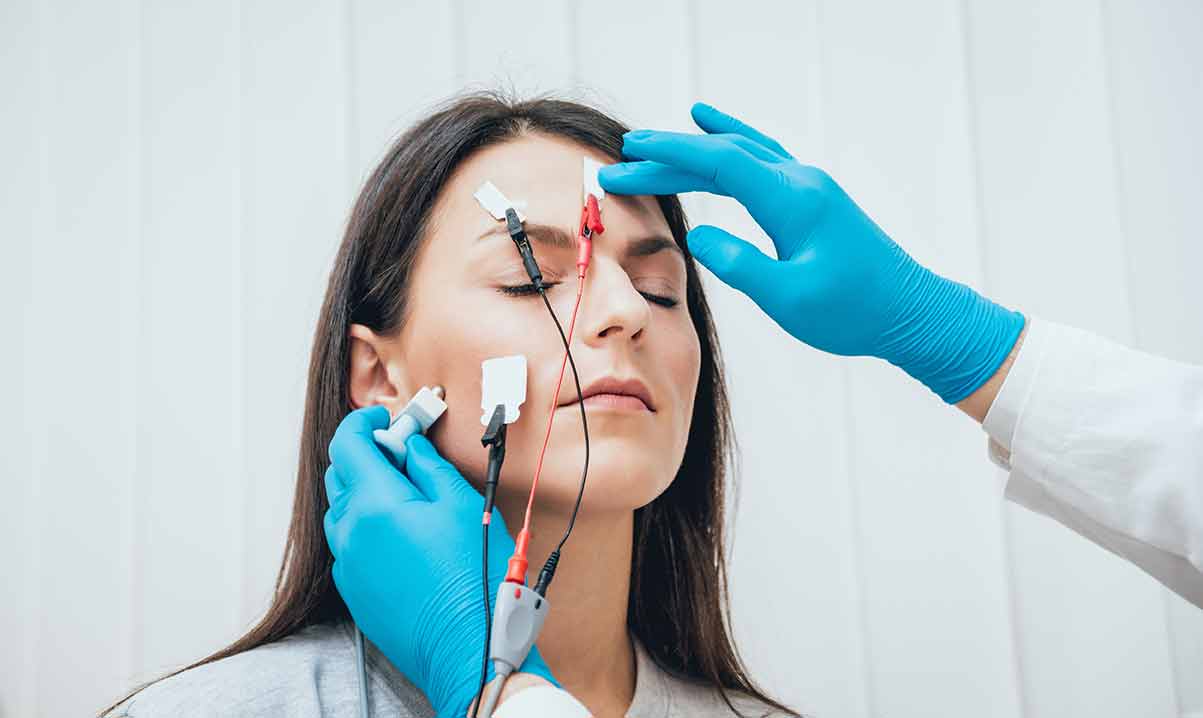Understanding Electrodiagnostic Studies (EDX)
If your doctor has ordered electrodiagnostic studies (muscle and nerve tests) for you, you may wonder
why and what to expect. The test most often ordered are:
- Nerve Conduction Studies (NCS)
- Electromyography (EMG)
- Together called Electrodiagnosis (EDX)

Why do Nerve Conduction?
Nerves control your muscles and allow you to move and feel sensations. Your brain sends signals through your nerves to make muscles work and carry messages such as feeling (hot, cold, smooth, etc.). When your nerves are healthy, they carry the signals quickly and efficiently. If there is pressure on a nerve or when a nerve is sick or injured, the signals travel slower and with less power. A Nerve Conduction Study tells us how well your nerve signals travel. The tests can locate where there is pressure on the nerve and determine how severe it may be.
Why do Electromyography?
Nerves control muscles. When the muscle contracts, it generates tiny electrical charges. When there is a problem with your nerves or muscles, changes occur in the physiology, or the way they function, and the electrical charges generated by the muscle are altered. The EMG test provides important information about how muscle is functioning that otherwise could not be detected. EMG requires the insertion of a thin pin (about the size of an acupuncture needle) to ‘record’ the muscle’s electrical activity.


What does it Feel Like? Does it hurt?
Like most things in life, someone will tell you how bad anything is – so don’t worry. When performed by a qualified, experienced, professional, the testing is slightly uncomfortable. The NCS requires a mild electric (safe) stimulus. The EMG requires the insertion of a thin pin to record the tiny electrical discharges within the muscle. Honest, for most people, neither test is a big deal.
EDX studies are performed by physical therapists and physicians educated and trained in electrophysiologic testing. Although some providers who are not Board Certified by their profession are qualified, we recommend a physical therapist specialist Board Certified in Clinical Electrophysiologic Physical Therapy (PT, ECS) or an experienced physician in your area.
How long will it take?
EMG/NCT studies typically take about an hour, but it depends on how much testing is required to answer the doctor’s questions.
How do I get ready for a test?
- Please arrive 15-20 minutes prior to your scheduled appointment time to complete any necessary paperwork.
- Do not use any lotions or oils on the skin. Please keep the skin warm and dry.
- Wear a tank top or pair of shorts for comfort. This will help the examiner and prevent you from having to wear a gown.


